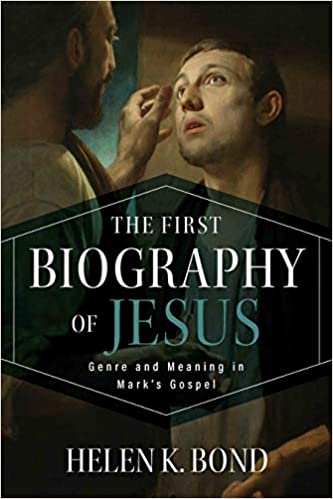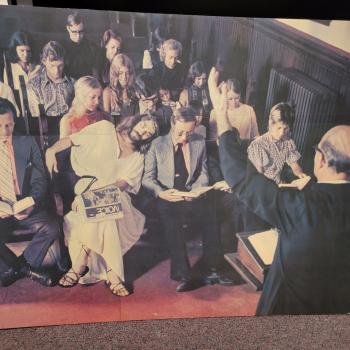BEN: In Chapter 3 we really get down to brass tacks, as my mother used to say, and one of the more intriguing things about studying ancient bioi is that the ancients were totally innocent of Freud and Jung, and mostly didn’t adopt or adapt developmental models of human personality. No Citizen Kane stories for them about early childhood trauma shaping one’s life. No, they largely believed people were born with a certain character and stuck with it. Gender, generation, and geography were major determinants of who one was. And yet there are some inklings of developmental understands, Lk. 2.41-52 comes to mind. And this brings me to my question. The ancients in general did not believe in, or at least did not look positively on the notion of conversion by which I mean a significant change in one’s character or personality through some sort of crisis event. But it’s clear early Christians believed in such a thing. The Johannine Jesus stresses even to a good and godly man like Nicodemus— ‘you must be born again’. Given ancient biographies that simply stress that a person’s character is revealed or manifested over time, not so much developed, and not changed, why do you think the Christian movement, even in its Gospels were so successful in convincing people they really could change, really could go from being sinners to being virtuous people?
HELEN:
You’re right about the ancients’ view of character as something largely determined by background and birth, though only to a point. The whole moral and philosophical tradition depends on people choosing to change their ways, to do the right thing – otherwise, what would be the point of teachers and guides? Biographies of philosophers, especially when they have a strongly ethical mimetic quality (as we have in Mark), are designed to encourage people to live their lives as the hero lives his. So there is always the possibility of change for the better, and philosophers regularly reflect on the idea of repentance and change.
My guess is that Mark is writing largely for insiders – people who know the Christian story, who know who John the Baptist and Pilate were, who know what ‘Christ,’ ‘Son of Man’ or the ‘Kingdom of God’ mean. I see his work as designed less to ‘convert’ people as to encourage insiders to remain that way (hence all the cross-over in Mark between insiders and outsiders), as an attempt to hold up the life of Jesus as a model for them to follow in their own discipleship, and to strengthen them in times of adversity. Mark’s call of the first disciples in 1.16-20 is largely a plea for total reliance on Christ, there’s nothing there to convince outsiders to join the movement. Undoubtedly Mark has a new spin on things, and perhaps new material (his emphasis on the teaching given by Jesus privately may hint at such), but I wouldn’t want to argue that conversion was Mark’s major goal.

















